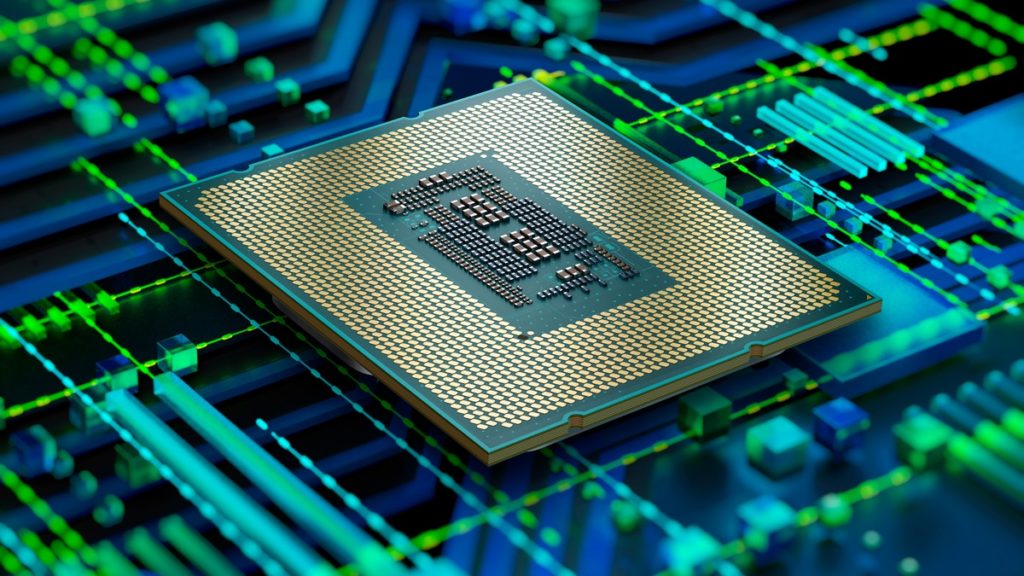Image: Intel
Intel has sent out a statement clarifying that its non-K Alder Lake CPUs are not meant for overclocking purposes.
The statement, which was presumably prompted by der8auer’s recent successes in overclocking 12th Gen Intel Core non-K processors on select motherboards, warns that doing so could result in damage to a CPU or a reduction in its lifespan. These problems are not covered by warranty, as Intel points out.
“Intel’s 12th Gen non-K processors were not designed for overclocking,” the statement reads. “Intel does not warranty the operation of processors beyond their specifications. Altering clock frequency or voltage may damage or reduce the useful life of the processor and other system components, and may reduce system stability and performance.”
That said, der8auer has already shared multiple videos that have piqued the interest of Intel...
Continue reading...
